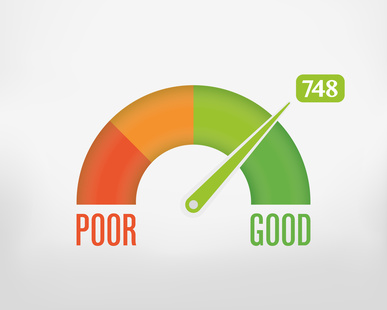
Credit repair is the process of improving your credit score and correcting any errors or negative information on your credit report. A good credit score is essential for obtaining credit, securing loans, and even renting an apartment. If you have a poor credit score, you may face higher interest rates, limited access to credit, and difficulty getting approved for loans or credit cards.
Credit repair may seem daunting, but it is not an impossible task. There are several steps you can take to repair your credit and improve your credit score.
Step 1: Obtain a Copy of Your Credit Report
The first step in repairing your credit is to obtain a copy of your credit report. You can obtain a free copy of your credit report from each of the three major credit bureaus – Equifax, Experian, and TransUnion – once a year. Review your credit report carefully and check for any errors, inaccuracies, or negative information.
Step 2: Dispute Inaccurate Information
If you find any errors or inaccuracies on your credit report, you should dispute them with the credit bureau that reported the information. You can dispute inaccurate information online, by mail, or by phone. The credit bureau will investigate your dispute and correct any errors or inaccuracies.
Step 3: Pay Your Bills on Time
One of the most important factors that determine your credit score is your payment history. Late payments, missed payments, and delinquent accounts can all have a negative impact on your credit score. To improve your credit score, you should make all your payments on time. Set up automatic payments or reminders to ensure that you never miss a payment.
Step 4: Reduce Your Debt
Another factor that affects your credit score is your credit utilization ratio, which is the amount of credit you are using compared to your credit limit. If you are using a high percentage of your available credit, it can have a negative impact on your credit score. To improve your credit score, you should aim to keep your credit utilization ratio below 30%. You can reduce your debt by paying off your balances or by increasing your credit limit.
Step 5: Use Credit Responsibly
Using credit responsibly is essential for maintaining a good credit score. Avoid opening too many credit accounts at once, as it can be a red flag for lenders. Use your credit cards sparingly and pay your balances in full every month. Avoid applying for credit unless you really need it.
In conclusion, credit repair is a process that requires patience, persistence, and commitment. It may take some time to see the results, but the effort is worth it. By following these steps, you can repair your credit and improve your credit score, which will help you achieve your financial goals and improve your overall financial well-being. Remember, a good credit score is an essential tool for financial success.
The experienced staff at DR Credit is always available to assist with personal loans bad credit and other financial needs. Visit the website for more information and submit an online application.

